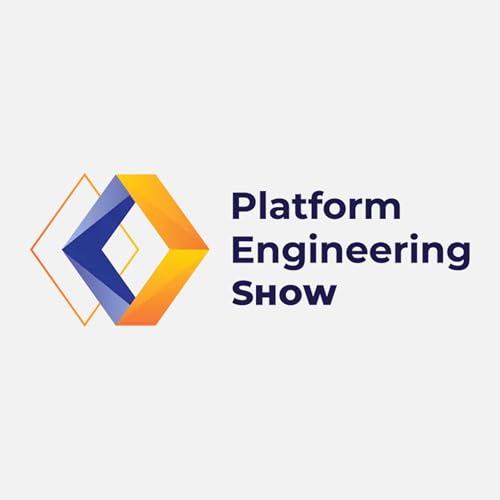Platform engineering is undoubtedly one of the hottest trends in IT today, rapidly gaining traction among organizations deeply embedded in DevOps practices or cloud-native architectures. According to recent insights published by Futurum Group, platform engineering is increasingly appealing to vendors focused on Kubernetes, security, and artificial intelligence. The report highlights significant investment from leading technology providers, signaling strong momentum behind this emerging discipline. (Access the full report here.) Yet, amidst the buzz, an important question arises: Is platform engineering only beneficial for organizations already steeped in modern development practices? What about traditional, "brownfield" enterprises whose technological landscapes are anchored in legacy applications and conventional infrastructures? Can they too harness the advantages of platform engineering, or is this trend exclusively reserved for those already fully immersed in digital transformation? To better understand platform engineering's broader applicability, it's essential first to clarify precisely what it involves. Platform engineering provides development teams with self-service capabilities, simplifying infrastructure provisioning, operational management, and application deployments. Essentially, it abstracts complex infrastructure layers, allowing developers to focus on delivering software efficiently without grappling with operational minutiae. Naturally, organizations practicing DevOps and utilizing cloud-native infrastructure find immediate synergy with platform engineering. Such organizations typically have the foundational culture, tools, and processes that seamlessly integrate with platform engineering principles. Developers already accustomed to continuous integration and continuous deployment (CI/CD) workflows quickly appreciate the added convenience and operational efficiency. However, what about enterprises entrenched in legacy technology stacks, perhaps still midstream or just beginning their modernization journey? It's common to assume platform engineering might hold limited relevance for these companies, perceived as ill-equipped to quickly pivot to modern, dynamic software delivery methods. Yet, this assumption deserves careful reconsideration. Indeed, brownfield organizations often grapple with considerable complexities and inefficiencies precisely because of their legacy systems. They face challenges related to manual processes, prolonged deployment cycles, inconsistent infrastructure management, and cumbersome operational workflows. Ironically, these are the very issues platform engineering is designed to address. By adopting platform engineering, even partially, traditional organizations can significantly streamline their operational overhead. Centralizing infrastructure management and standardizing deployment pipelines reduce inconsistencies and human errors, thus directly benefiting even legacy applications. Moreover, introducing platform engineering can incrementally drive modernization by creating a structured, supportive environment that gradually integrates contemporary practices and tools. For instance, organizations reliant on older applications might leverage platform engineering practices to automate routine infrastructure tasks, such as server provisioning or configuration management. These automations significantly reduce the administrative burden and operational costs, allowing IT teams more bandwidth to engage strategically with modernization projects. Furthermore, platform engineering provides a scalable, secure, and repeatable approach to infrastructure management—attributes crucial for brownfield environments undergoing gradual transformation. The Futurum Group report emphasizes Kubernetes, security, and AI as pivotal technology areas where platform engineering adds substantial value. Interestingly, these areas are highly relevant regardless of an organization's technological maturity. Kubernetes, for instance, can be introduced incrementally alongside legacy systems to manage containerized workloads progressively. Platform engineering, in this scenario, becomes the gateway to harnessing Kubernetes’ benefits without necessitating immediate, wholesale adoption. Similarly, security enhancements provided through platform engineering are universally beneficial. Automating security practices ensures consistency and compliance, particularly valuable for enterprises operating under stringent regulatory frameworks, a common reality among traditional businesses. Furthermore, platform engineering's automation capabilities can significantly reduce the risk exposure associated with manual security configurations. AI, too, offers transformative potential irrespective of the organization's modernization stage. Platform engineering can enable controlled, incremental adoption of AI-driven tools that enhance monitoring, predictive analytics, and operational efficiency, providing ...
Más
Menos
 27 m
27 m 25 m
25 m 36 m
36 m 30 m
30 m Jan 9 202537 m
Jan 9 202537 m 36 m
36 m Dec 17 202422 m
Dec 17 202422 m
